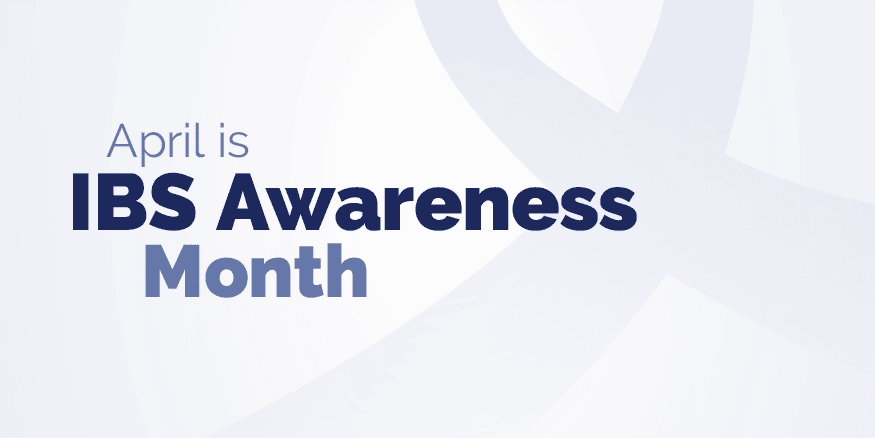
IBS Updates 2021
Irritable bowel syndrome (IBS) is the most common digestive condition in the world, yet many people who have symptoms do not seek help. Defined by abdominal pain, bloating, and altered bowel habits, including constipation and diarrhea, IBS can greatly affect quality of life and be an isolating experience. Those affected might find it difficult to leave the house for long periods of time if they need access to a toilet for diarrhea or are in severe pain from constipation. On top of that, some people find that the symptoms are too taboo to even talk about. In 2003, the Canadian Society of Intestinal Research campaigned to make April IBS Awareness month in order to spread information about this common disorder.
Migraines and IBS
Migraines are a type of functional headache that typically occurs on one side of the head, with moderate to severe pain that lasts a few hours to a few days. Some other signs of a migraine include nausea, vomiting, and sensitivity to light and sounds. Individuals who have migraines with aura experience visual disturbances (such as lines, spots, stars, etc.), problems with speech, or physical sensations such as numbness and tingling before the headache onset. In a meta-analysis published in 2021,1 researchers looked at 11 studies with a total of 28,336 people with migraines and 1,535,758 without migraines to compare rates of IBS in each group. They found that those who had migraines were 2.5 times more likely to have IBS than those without migraines, and those who had migraines with aura were 3 times more likely to have IBS compared to those who never have migraines. While they aren’t sure why this occurs, the researchers speculate it could be related to the gut-brain axis, alterations in serotonin levels, or a result of individuals with migraines being more likely to visit healthcare professionals and therefore more likely to actually have an IBS diagnosis.
Patient Education
Since IBS can greatly decrease quality of life (QoL), a study published in 2020 set out to see if education interventions can help mitigate this drop in QoL.2 They conducted a randomized controlled trial with an 8 week follow up that involved 273 individuals diagnosed with IBS who were outpatients at the University of Medicine and Pharmacy Hospital in Ho Chi Minh City, Vietnam. They put 132 individuals into the group that would receive an educational intervention and 141 individuals into the group that would receive standard care.
The intervention involved education from a clinical pharmacist about IBS-related knowledge, medication adherence, symptom recognition, and lifestyle and diet modifications. The pharmacist spent 15-20 minutes going over this information in hospital and then gave the participants printed patient education materials to take home. They then followed up with this group via telephone calls every two weeks and asked the participants about their current condition, medications, and lifestyle, reinforced information taught at the first meeting, and gave advice on lifestyle changes and medication adherence.
They measured participant QoL using a questionnaire before and after the 8-week intervention and found that those who received the educational intervention had significantly higher QoL at 8 weeks than the group who did not, showing the importance of patient education.
New Medication for IBS-C
Ibsrela™ (tenapanor) is a new medication approved in Canada for the treatment of constipation-predominant IBS (IBS-C) in adults.3 It works by reducing the absorption of sodium in the small intestine and colon. This causes an increase of water secretion into the gut, making stools softer and accelerating transit time, which helps relieve constipation and associated gut pain. Since its action is limited to the gut, and it is not absorbed systemically, it has minimal side effects, the most common being diarrhea. The treatment regimen involves two tablets by mouth daily, one before breakfast and one before dinner.
